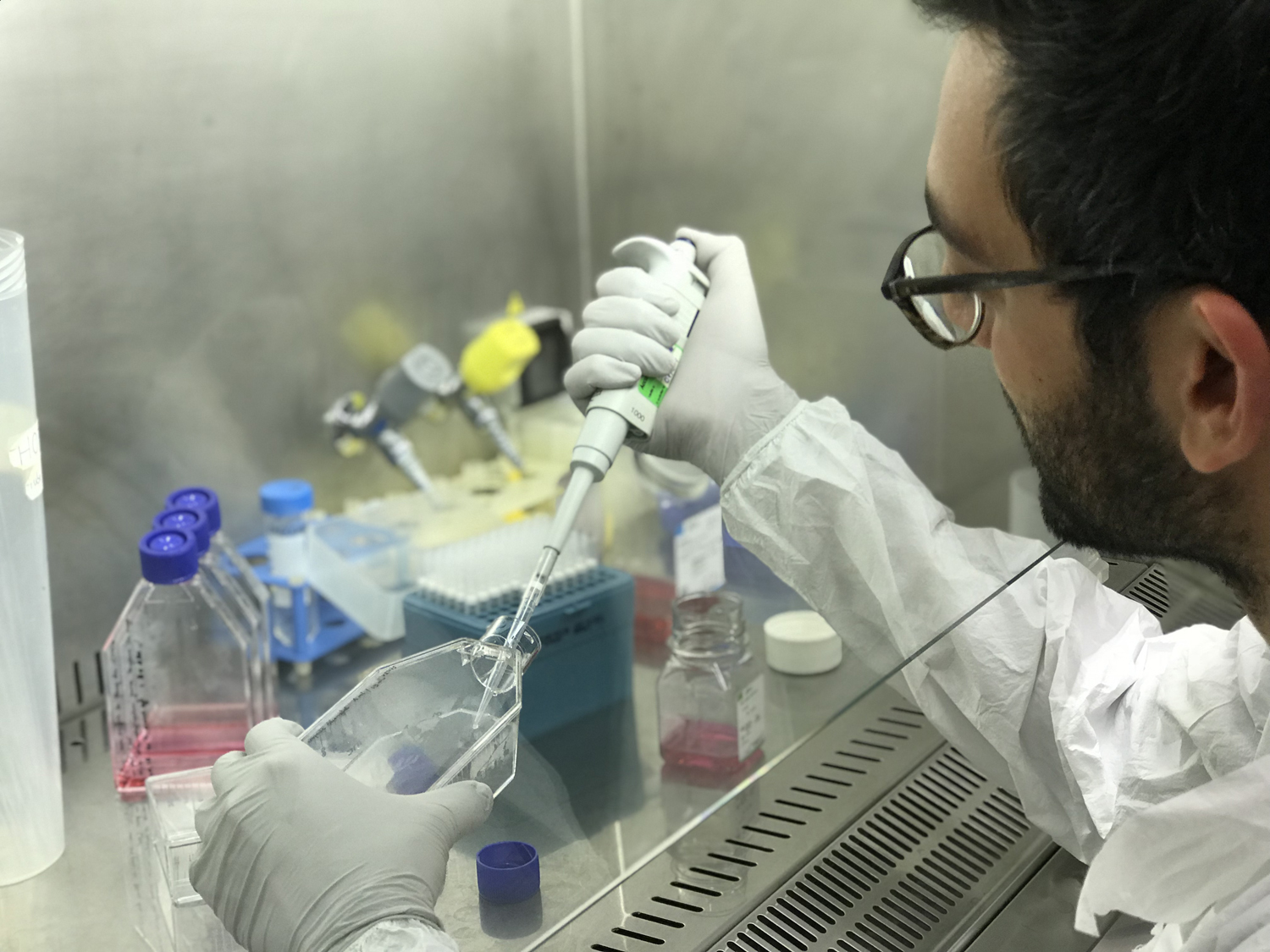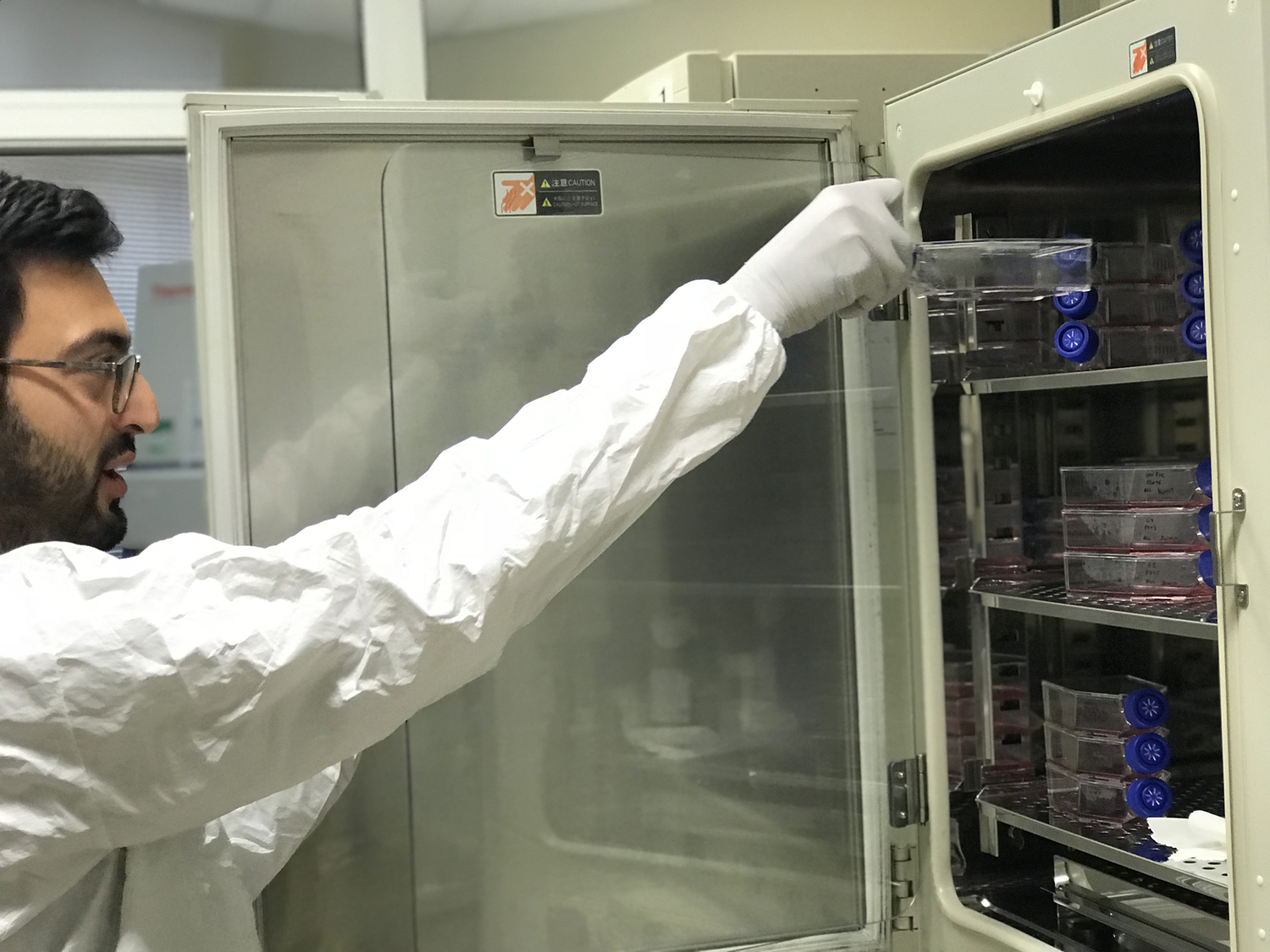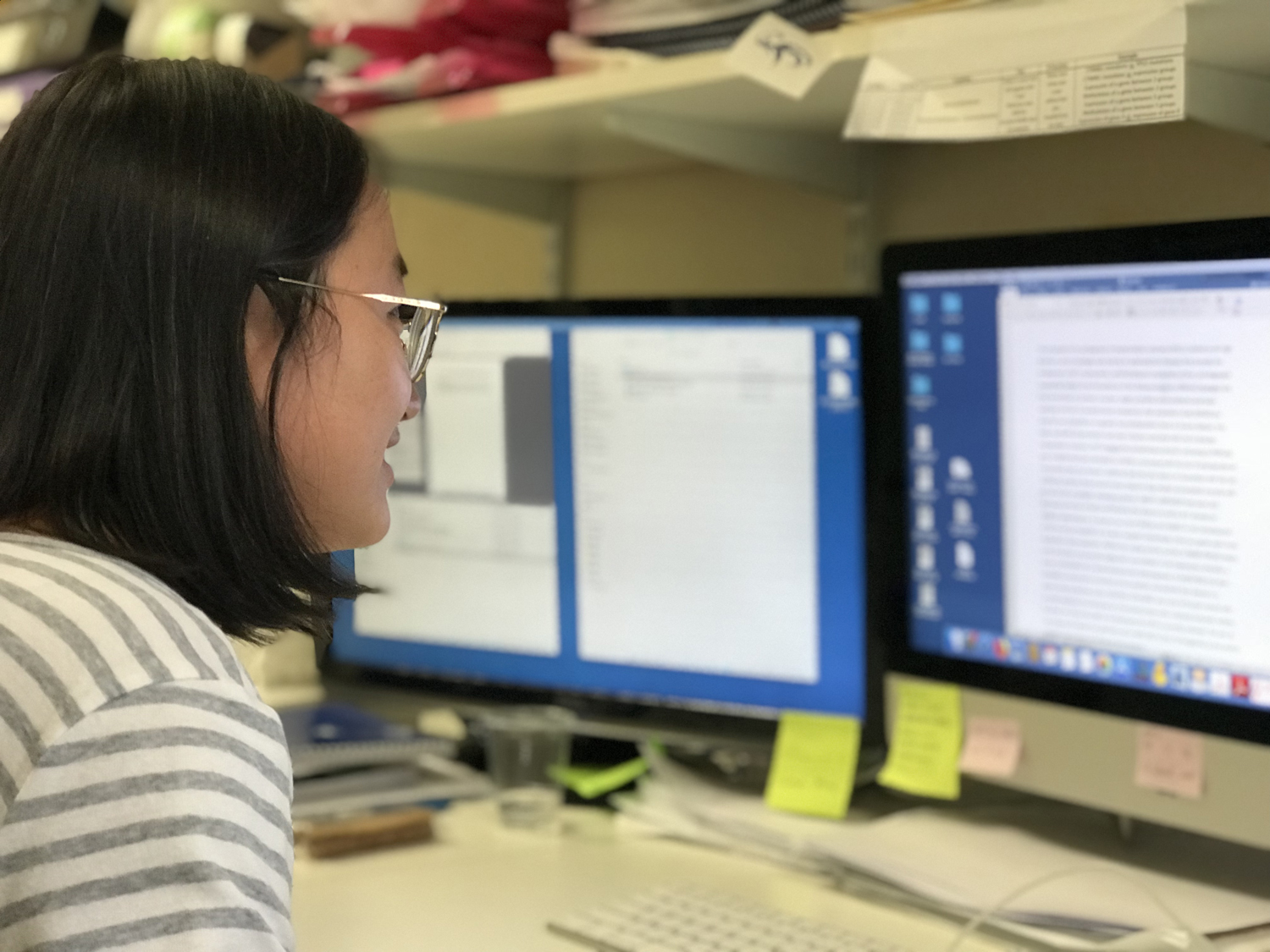Our Lab
FunGeST Lab – A Multidisciplinary, Young & Motivated Team
Brief history of the team
FunGeST “Functional genomics of solid tumors”, directed by Jessica Zucman-Rossi, was created in 2005, as Inserm U674, it was renewed in 2009, 2014 as UMR1162, ranked “incontournable” by Inserm as a mixed structure endorsed by four entities: Inserm, Universities Paris Diderot, Paris Descartes and Paris Nord. It is currently located at the University Hematology Institute site in a building managed by the CEPH (Centre d’Etude du Polymorphisme Humain, Foundation Jean Dausset). Since January 2019, the lab take part of Centre de Recherche des Cordeliers Research Center – Inserm UMR S1138, and as been recently renewed in January 2024.

Jessica Zucman-Rossi, is professor of Medicine in Oncology (PUPHex) at the University Paris Descartes and HEGP, dedicated full-time for research. She has directed the Inserm U674, U1162, and UMRS1138 FunGeST team since 2007, and served as chairman of the Inserm scientific committee devoted to Oncology, Genetics and Bioinformatics from 2012 to 2016. She is editor at the Journal of Hepatology (2023 IF=26.8), and the executive secretary of the International Liver Cancer Association (ILCA). She is internationally recognized in the field of genomics of human cancers, and particularly in liver tumors. Since January 2019, Pr. Zucman-Rossi has been the director of the Cordeliers Research Center, and was renewed for another 5-years in 2024.
Our missions
Our mission is to develop basic genomic approaches based on human tumors analyses to identify new mechanisms of tumorigenesis and to transfer this knowledge into biomarkers and therapeutic targets that could be introduced in clinical care. In particular, we aim to identify new genomic alterations and mechanisms of carcinogenesis. We also aim to identify new risk factors and genetic predispositions promoting the development of tumors. Our major fields of research are related to liver tumors, mesothelioma and HPV-related cancers, mainly in adults but also in children for liver tumors.
Our team is multidisciplinary mixing basic researchers in genomics, genetics, cell biology, and bioinformatics with clinicians.
Our approach
Our major topics are all centered on “bench to bedside” discoveries and vice versa:
- the identification of new cancer driver genes and tumor molecular classification to identify new therapeutic targets functionally validated to be translated into therapeutic targets and improve clinical management of the patients,
- the identification of genetic markers associated with cancer development to better predict the individual risk of cancer occurrence,
- understanding gene-environment interactions to identify early oncogenic events and improve cancer prevention,
- the identification of viral-induced cancer secondary to HPV, HBV, HCV, and AAV infections,
- to understand the bases of tumor heterogeneity and evolution
- to identify mechanisms of resistance to treatment using integrated strategies.
Our strategies are based on large tumor collections with extensive clinical annotation (PRB Hôpitaux Universitaires Paris-Seine-Saint Denis, M Ziol, and other CRB at APHP hospitals and a national network), the development of innovative integrative genomic analyses, and the transfer into clinical care for the benefit of the patients. We are also actively developing productive scientific collaborations at CRC, regional, national, international, and industrial levels.
Our task forces
The team include a total of 45 peoples organized in 6 groups with their founded projects:
- “Functional Genomics of Liver tumors” led by Jessica Zucman-Rossi focusing on the characterization of genomic alterations in benign and malignant liver tumors, functional validation, identification of new risk factors and genetic predisposition and translation to the clinics.
- “Functional Genomics of Mesothelioma” led by Didier Jean focusing on the pathogenesis of mesothelioma, search for new therapeutic targets with genomic approaches.
- “Therapeutic Targets in liver tumors” led by Sandra Rebouissou & Jean-Charles NAULT focusing on the identification of therapeutic targets in liver tumors.
- “HPV Tumors ” led by Hélène PERE & David VEYER focusing on the pathogenesis and the characterization of the Human Papillomavirus tumors.
- “Genomics of Pediatric Liver Tumors” led by Theo HIRSCH focusing on the development and application of innovative strategies for integrative genomic data analysis of pediatric liver tumors
- “Macrophages & Cancer” led by Pauline HAMON focusing on the description and functional analysis of tumor-associated macrophages







